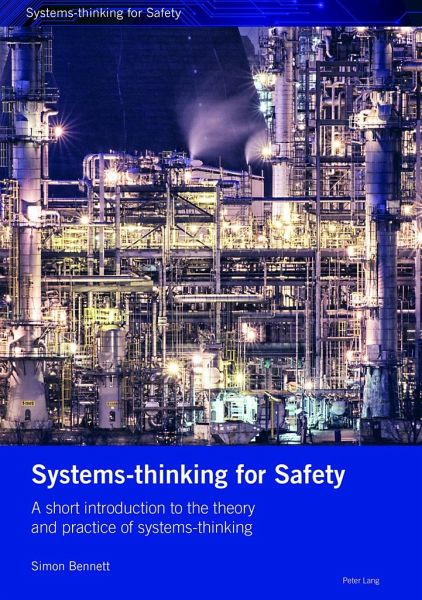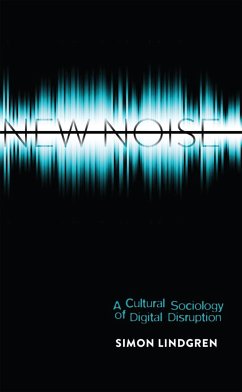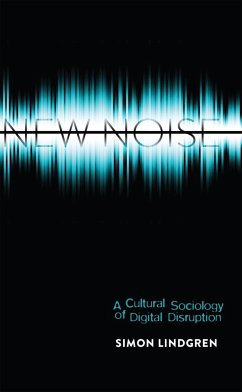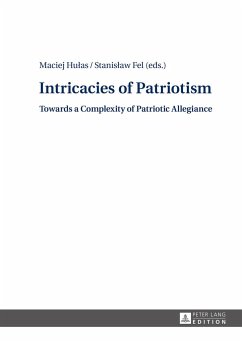
Systems-thinking for Safety
A short introduction to the theory and practice of systems-thinking.
Herausgegeben: Bennett, Simon
Versandkostenfrei!
Versandfertig in 6-10 Tagen
39,95 €
inkl. MwSt.
Weitere Ausgaben:

PAYBACK Punkte
0 °P sammeln!
A manifesto for the systems-thinking-informed approach to incident and accident investigation, this accessible text is aimed at experts and generalists. A Glossary of Terms explains key concepts.The premise is both unoriginal and original. Unoriginal, because it stands on the shoulders of systems-thinking pioneers - Barry Turner, Bruno Latour, Charles Perrow, Erik Hollnagel, Diane Vaughan and other luminaries. Original, because it is populist: The Systems-thinking for Safety series shows how theoretical insights can help make the world a safer place. Potentially, the series as a whole, and thi...
A manifesto for the systems-thinking-informed approach to incident and accident investigation, this accessible text is aimed at experts and generalists. A Glossary of Terms explains key concepts.
The premise is both unoriginal and original. Unoriginal, because it stands on the shoulders of systems-thinking pioneers - Barry Turner, Bruno Latour, Charles Perrow, Erik Hollnagel, Diane Vaughan and other luminaries. Original, because it is populist: The Systems-thinking for Safety series shows how theoretical insights can help make the world a safer place. Potentially, the series as a whole, and this manifesto text, have agency.
True to its mission to affect change, the book uses case studies to demonstrate how systems-thinking can help stakeholders learn from incidents, accidents and near-misses. The case studies of, for example, the Piper Alpha and Deepwater Horizon offshore disasters, the Lac-Mégantic rail disaster, the Fukushima Daiichi nuclear disaster, the United States Navy collisions and the Grenfell Tower fire, demonstrate the universal applicability of systems-thinking. The manifesto argues that the systems-thinking informed approach to incident, accident and near-miss investigation, while resource intensive and effortful, produces tangible safety benefits and, by ensuring that «right is done», delivers justice and closure.
The premise is both unoriginal and original. Unoriginal, because it stands on the shoulders of systems-thinking pioneers - Barry Turner, Bruno Latour, Charles Perrow, Erik Hollnagel, Diane Vaughan and other luminaries. Original, because it is populist: The Systems-thinking for Safety series shows how theoretical insights can help make the world a safer place. Potentially, the series as a whole, and this manifesto text, have agency.
True to its mission to affect change, the book uses case studies to demonstrate how systems-thinking can help stakeholders learn from incidents, accidents and near-misses. The case studies of, for example, the Piper Alpha and Deepwater Horizon offshore disasters, the Lac-Mégantic rail disaster, the Fukushima Daiichi nuclear disaster, the United States Navy collisions and the Grenfell Tower fire, demonstrate the universal applicability of systems-thinking. The manifesto argues that the systems-thinking informed approach to incident, accident and near-miss investigation, while resource intensive and effortful, produces tangible safety benefits and, by ensuring that «right is done», delivers justice and closure.














